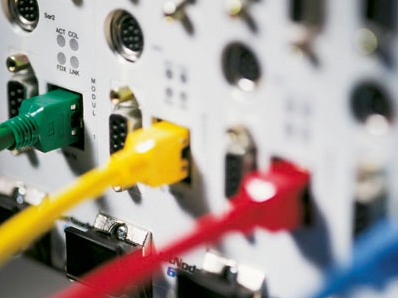4 in 5 believe internet access is a human right
According to survey of 27,000 adults worldwide

A new survey of over 27,000 adults in 26 countries shows that the vast majority of people now think internet access should be considered a basic human right.
Nearly four in five people around the world believe that access to the internet is a fundamental right, according to the new BBC World Service survey. The survey follows recent concerns over the implementation of the UK government's Digital Economy Bill.
Finland and Estonia have already ruled that web access is a human right and the the UN is pushing for universal net access for all.
Right to communicate
"The right to communicate cannot be ignored," said Dr Hamadoun Toure, secretary-general of the International Telecommunication Union (ITU).
"The internet is the most powerful potential source of enlightenment ever created."
He said that governments must "regard the internet as basic infrastructure - just like roads, waste and water".
Get daily insight, inspiration and deals in your inbox
Sign up for breaking news, reviews, opinion, top tech deals, and more.
"We have entered the knowledge society and everyone must have access to participate."
Web users in South Korea and Nigeria were adamant that governments should not be involved in regulation of the internet. However, 55 per cent of Brits believe that there IS case for limited government regulation.
EU's Internet Freedom
The EU's recently adopted internet freedom provision states that any actions by member states that may affect citizen's access to the net "must respect the fundamental rights and freedoms of citizens" and that EU citizens are entitled to a "fair and impartial procedure" before being cut off.
The biggest concerns expressed by respondents in the BBC World Service survey were dangers of fraud, the ease of access to violent and explicit content and worries over privacy.
Via BBC
